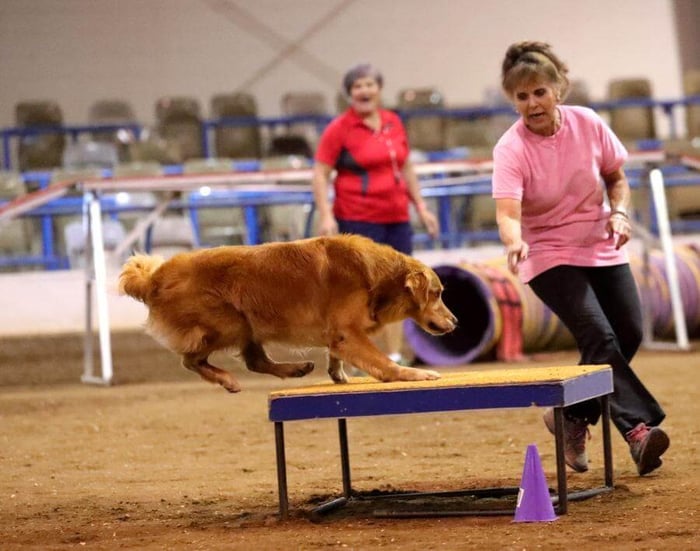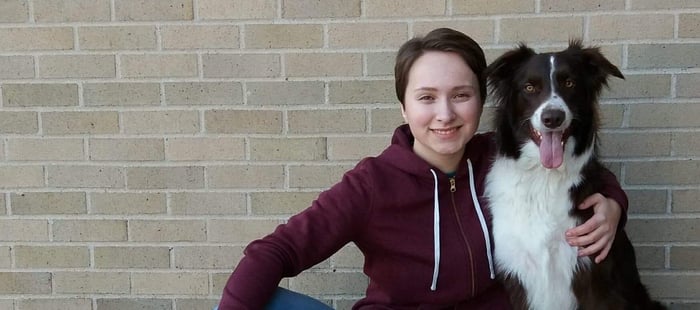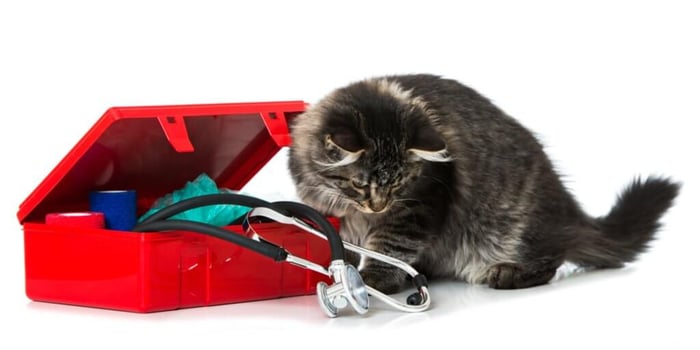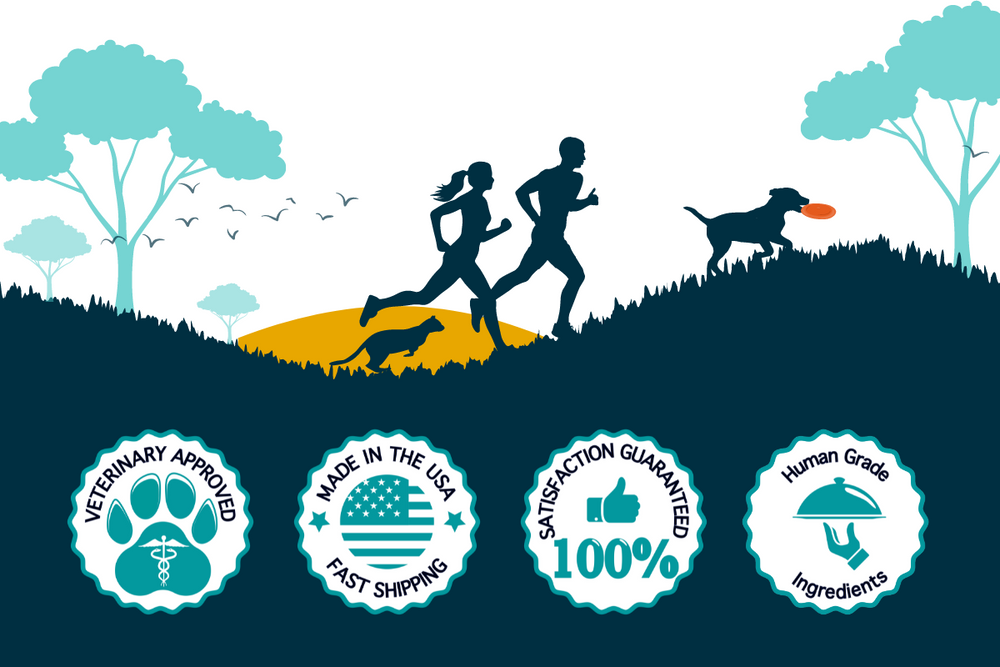Performance Dog Training: Finding Joy in the Journey. In the world of performance dog training, you occasionally hit a roadblock.
What you do when that time comes can either enhance or impair your working relationship with your dog. Dogs do best at what they discover for themselves, and showing them how they can get what they want by doing what you want is a desirable outcome for both dog and trainer.
There are many methods and tools to delve into when it comes to performance dog training, and it’s about finding what works for you and your dog. But even when your dog is doing great, it doesn't mean it won't fall apart down the road—and then what?
When things start to fall apart there is always backing up and simplifying, changing up the method to something new and fresh, or finding more valuable and meaningful rewards for your dog. What happens is that many will mark the mistake and repeat the cue and/or punish for wrong execution.
This only teaches the dog to be afraid to try or to become sour on an exercise. Remember the old saying, "Repeating the same thing over and over again and expecting a different result is the definition of insanity!"
Marking the mistake and breaking off the exercise and then getting the dog in a teachable frame of mind allows you to simplify the request so that the execution is correct and you can then reward the dog and maintain his attitude toward working.
Mistakes are okay. They are teaching opportunities, and our reaction needs to be one that gets a positive outcome and lets the dog know that trying is always okay. Then you can build on that success. Getting a correction in performance dog training is one thing, but does it have ring carryover?
That is the true test. So a correction should be one that doesn't deter attitude but conveys to the dog that a mistake has been made.
Then a solution can be presented to the dog that ensures his next attempt will be successful so that he gains positive feedback, and therefore the correct execution will be more likely to happen in the future.
This will vary from dog team to dog team, and not every dog is easy. I feel that our dogs are only as proficient as we are as trainers.
It's in what we didn't do, what we did do, or what we failed to recognize that we find ourselves struggling in a certain area.
I really don't think dogs stay up at night thinking about how they can ruin the next training session or humiliate us at the next show. Some dogs are quirky or stubborn or... but it is up to us to figure them out; after all, we are the trainers! 
Some dogs require us to really step outside the box and try things that may not be in our current toolbox, or create a game that makes the skill attempted more desirable to the dog without cheerleading or luring with the almighty cookie!
Treats, games, toys, praise, and petting are all acceptable as long as they’re not used as lures to get the dog to perform. Luring is fine in the teaching of the skill, but once your dog knows the skill he should be performing to earn the reward.
The mistake so many make is that, when training, the cookie remains in the hand until the time comes for the performance—then the wheels fall off! Your dog needs to work for you, not for the cookie. You need to become the ultimate reward and the treats, games, toys, etc., should be secondary.
Remember to teach the skill, motivate, and build confidence. Some compulsion may be necessary with a dog that lacks work ethic or does not give effort, but keep in mind to make the reward greater than the risk of the task requested so that you don't lose attitude or the willingness to try! Dogs do funny things.
They have instincts and drives and react to stimuli, and much of the time we as trainers like seeing the perfect outcome, so in performance dog training we make decisions for them.
How then are they supposed to make the right choice in the ring when you no longer have the ability to control their decision-making?
Training a dog to make good choices will carry you a long way in the performance game. Always fixing it for them in training leaves them with no responsibilities. Train with sagacity. Teaching a dog a skill is easy.
Getting the dog to perform it in competition can be difficult. But getting there should be the fun of it. Responding to a dog's creativity and figuring out how to get them on your team and performing the way you want it done should be the joy of training!
The ribbons and titles are, yes, what we are working toward, and it's great to have a goal and wonderful to be successful and have validation, but the true rewards are when you tackle a problem and find a solution without destroying your working relationship—regardless of whether you qualified, placed, or are enjoying the ride as you feel the teamwork coming together!
Some of my best days in competition were when I resolved a problem I was having in the ring and we conquered it, when I felt the communication between my dog and I was fine-tuned, or I was just enjoying the fun of doing something with my dog that we both had worked so hard for. And on some training days something amazing will happen and it is exhilarating!
Years ago when I started in the field trial game, I spent 6 weeks with the grandfather of the sport, Rex Carr. He was the master. He never ran a trial, as he never wanted that pressure to influence his performance dog training.
When I put my first field trial dog, a little black lab, on the Derby list, I wrote to him all puffed up and proud of our accomplishment, expecting him to sing my praises in a return response.
I received his reply and he simply wrote, “Enjoy the journey; titles are for people, not dogs.” Your dog did not sign up to build up your ego. They did not sign up to play the game you necessarily want to play.
They aren't programmable robots, and this, after all, is a game. They signed up to give you unconditional love and it is our job to respect them and treat them as our teammates and make it a joyful process. Titles are for people, not dogs. FIND JOY IN THE JOURNEY! Happy training!
1-TDC Oral Health + Mobility Support for Dogs

$32.00
Keep your pet Happy, Active & Comfortable from Head-to-Tail with 1-TDC. This unique supplement is SO effective that it is recommended by TOP Veterinary Experts worldwide to maintain and improve your pet’s health in 4 important areas: Oral Health….… read more









